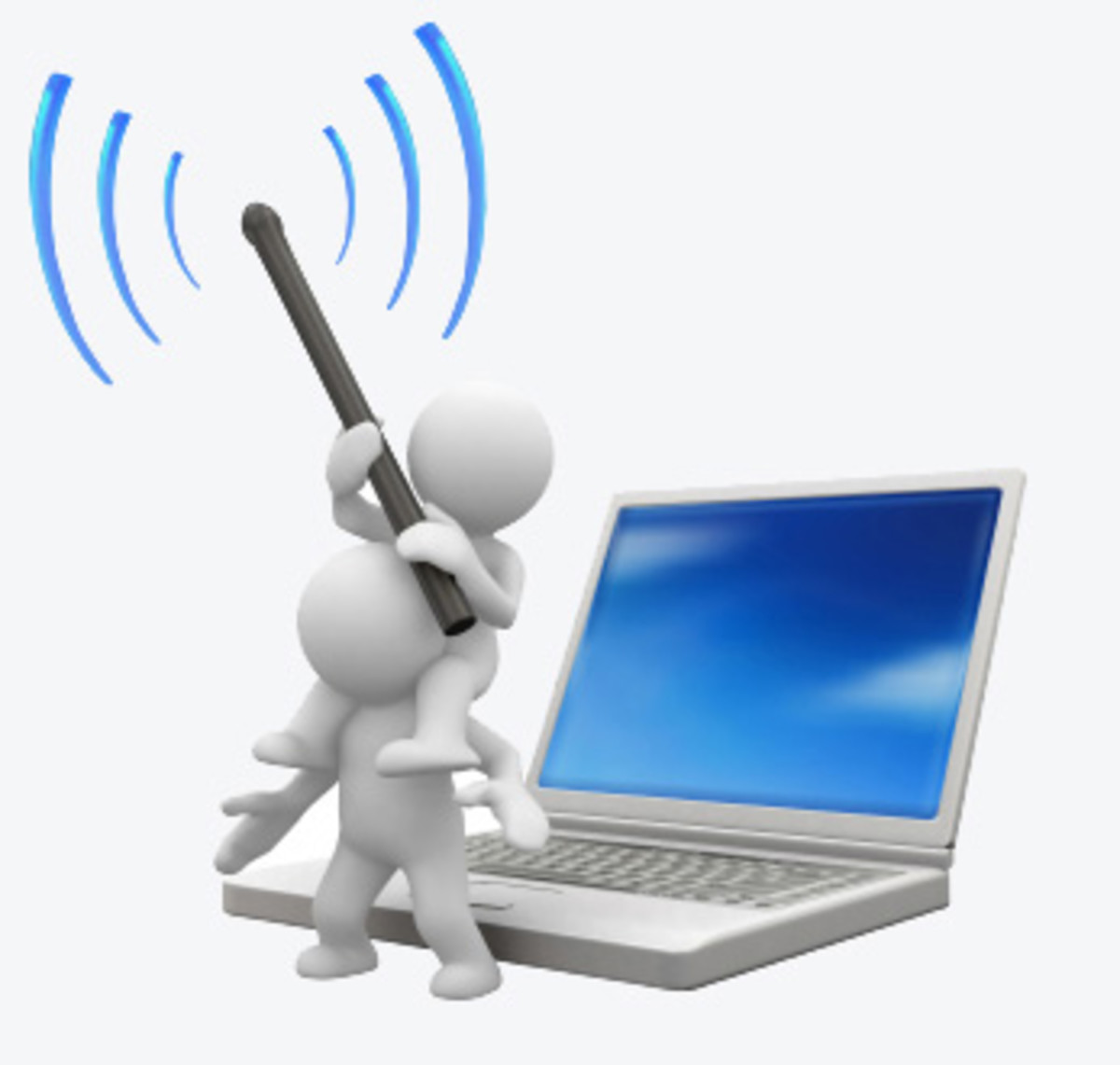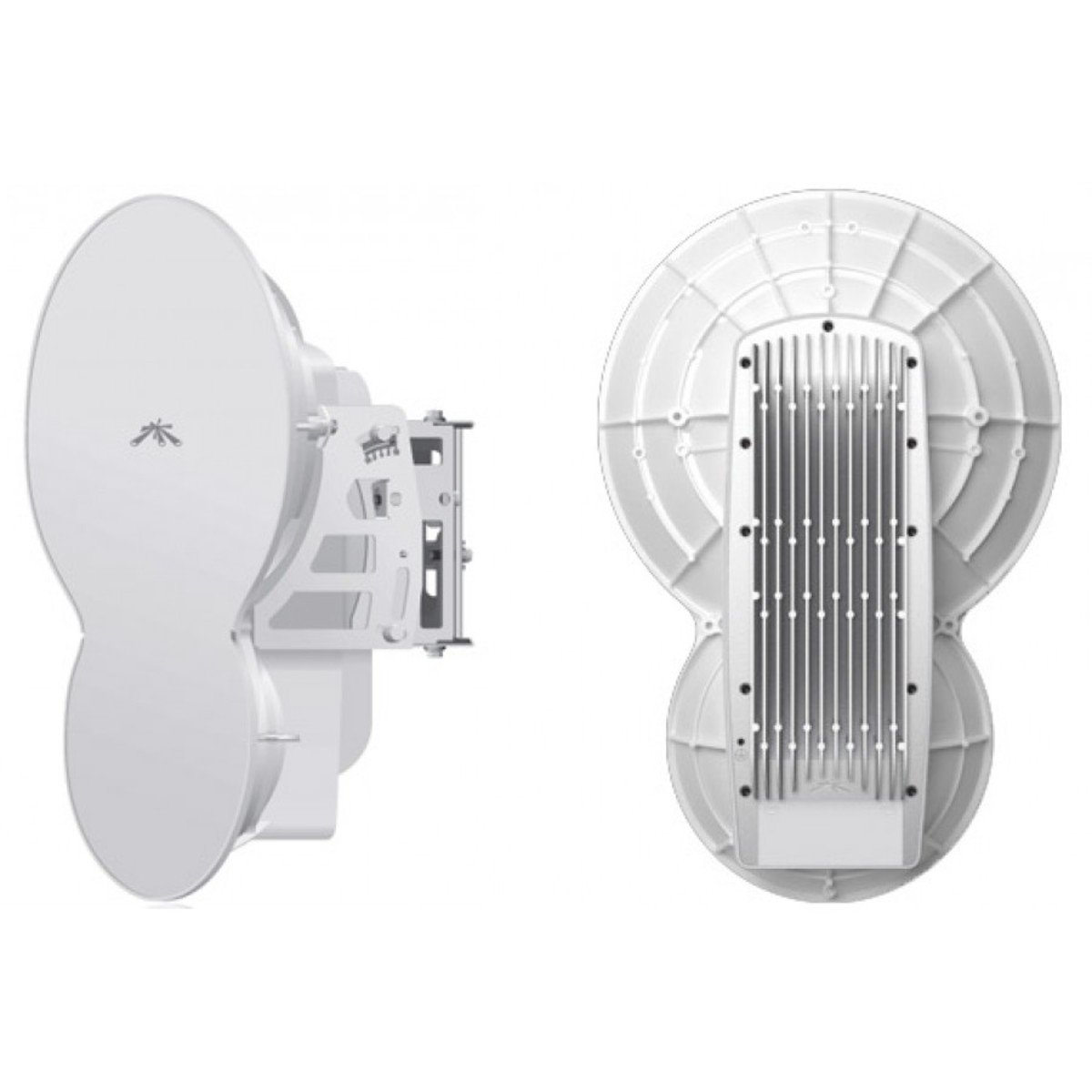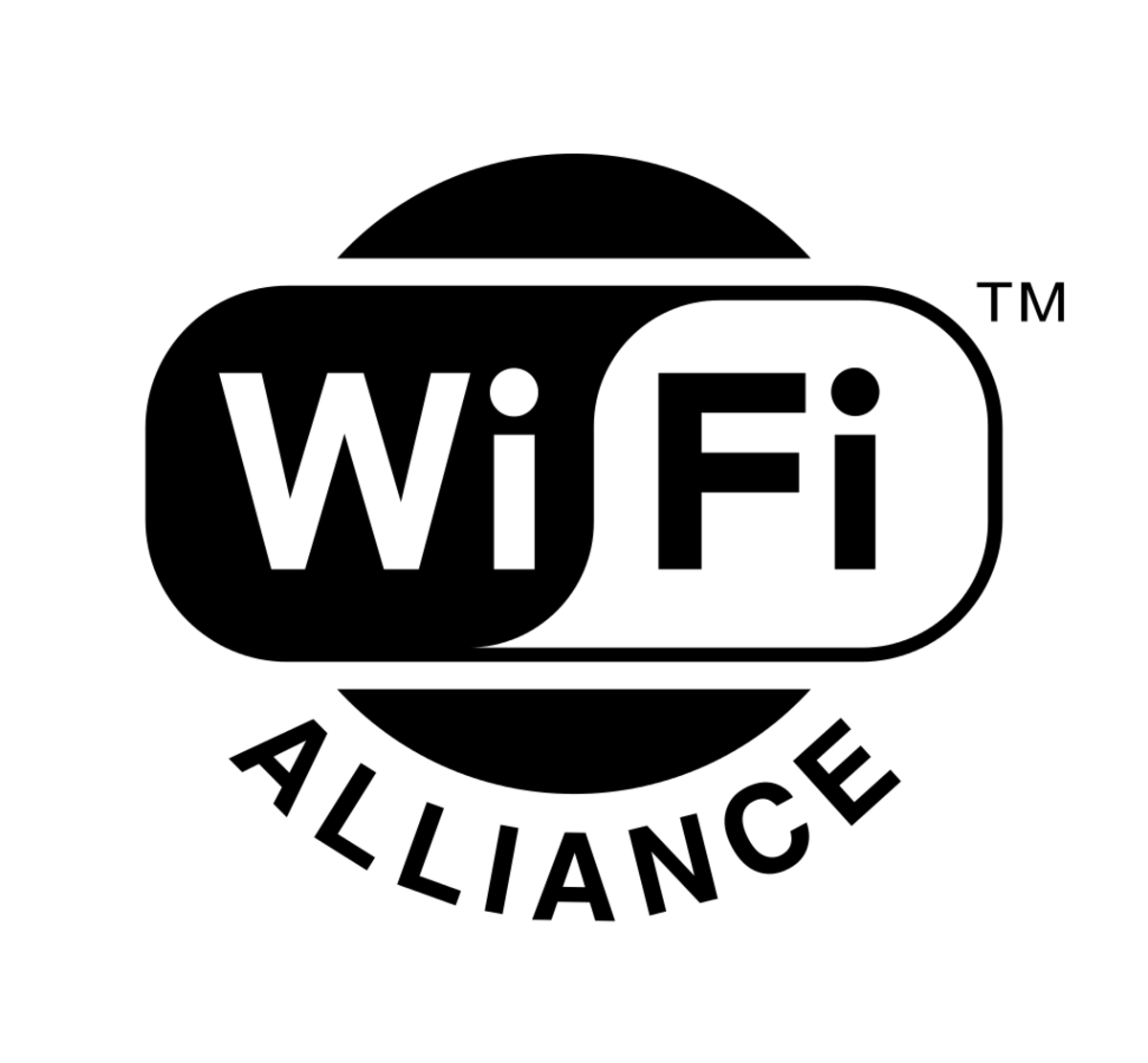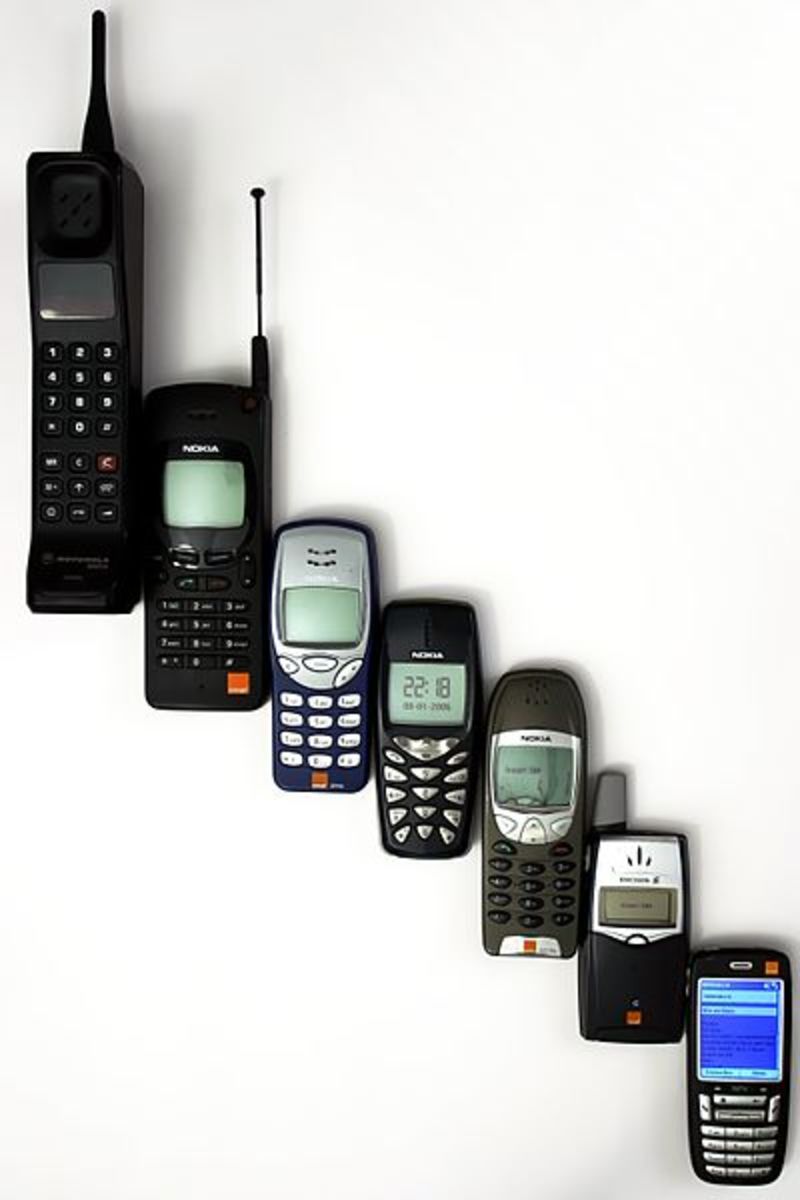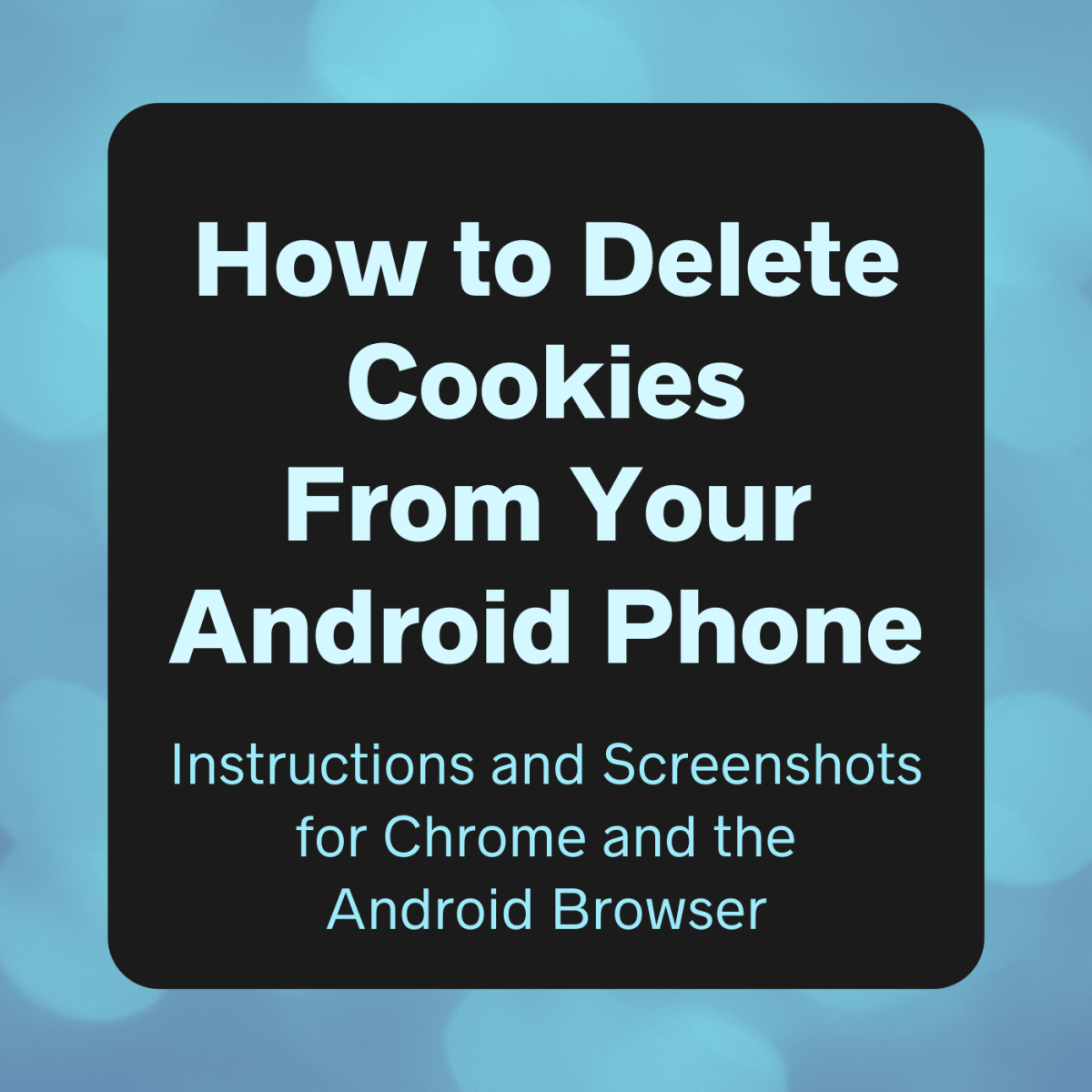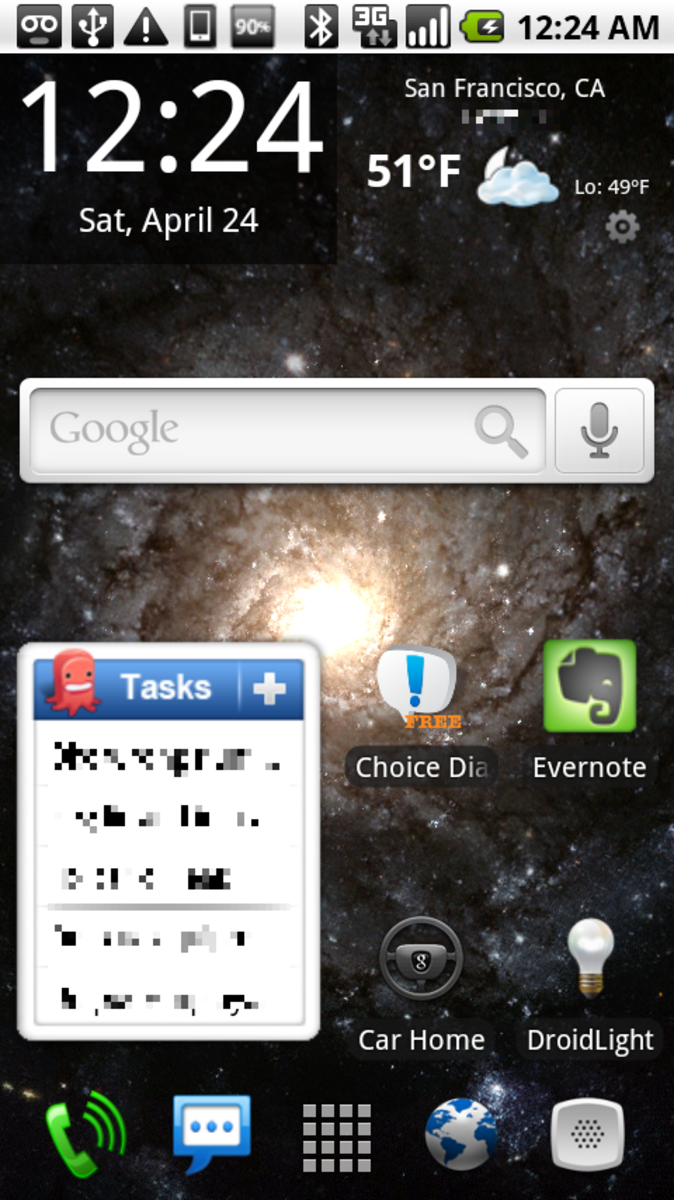Will 5g Wi-Fi Make You Sick?
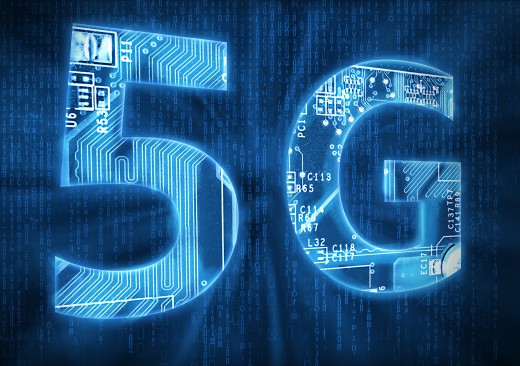
What is 5G Wi-Fi?
5G is the fifth generation in wireless data networks. It will utilize a higher-frequency band of wireless spectrum that is called millimeter waves. These waves allow data to transfer much faster than a lower-frequency band that 4G use. The millimeter waves don’t travel as far as the waves used for 4G meaning companies will need to build many more antennas in cities.
What are the benefits?
5G will bring faster data speed. The speed is projected to be at least ten times faster than 4G meaning faster transmission of images and video such as Netflix and Youtube. With 4G/LTE Wi-Fi it could take 10 minutes or longer to download a high-definition movie but with 5G it would take less than a second.
Shorter delays when sending and receiving data. Often times there is a brief lag when data is sent from one device to another but with 5G this delay should be reduced. This would make it possible to play high-speed VR video with no delays or glitches as well as with other video games and even movies.
Another benefit to 5G is that cell towers with this technology will have a greater capacity to carry more data. This means more devices and more people can communicate and use their devices at the same time with little to no loading time or lagging.
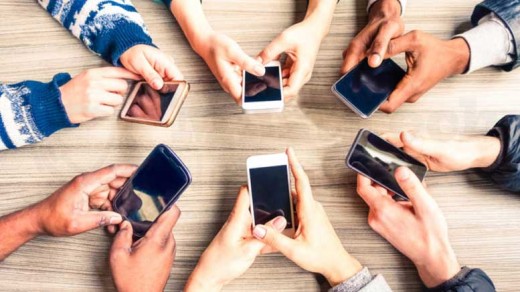
What are the cons?
With 5G networks comes the need for new phones. Old phones will not be able to connect to 5G networks and this means if you want to use this network you will need to buy a new phone. The cost of a monthly plan with a new 5G phone is likely to cost more than any 4G/LTE service. Don’t worry to much as you should have plenty of time to save up! 5G isn't supposed to be available to everyone until the year 2020.
Another disadvantage of having 5G is the amount of cell towers and antenna it will need. The network is faster but it covers way less distance than 4G.
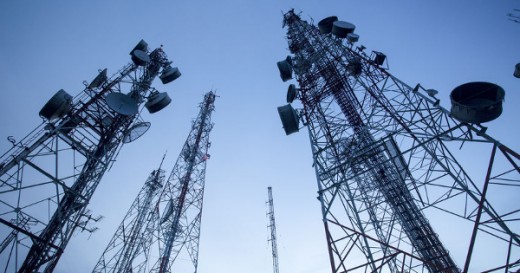
What are the dangers?
Cell phone towers and wireless Internet has long been said to be dangerous and cause radiation but 5G is so much stronger than anything we've used before. We have evidence of the adverse health effects our previous and current wireless technology has on us but out government is still allowing the use of stronger networks. This technology is already being used in select areas around the world without any kind of health testing.
The millimeter waves that 5G is using has wavelengths between 30GHz and 300Ghz and have been used in military applications. They have used these millimeter waves as a form of non-lethal crowd control weapons. These wavelengths have been shown to target cell membranes and have biological effects as well as clinical effects on people. Immune systems have been altered, heart and blood pressure has had physiological effects from these waves as well.
In 2018 there was an international appeal to stop 5G in space and on Earth and has over 63,000 signatures. These signatures include scientists, doctors, building biologists, engineers and citizens from all around the world. According to scientists, some of the risks and effects from 5G are:
- Damage to the eyes such as cataracts and retinal damage
- Severe sweating
- Skin damage
- Immune system damage
- Metabolic disruption
- Neurological disturbance
- Leakage of blood brain barrier
- Damage to sperm
- Increased risk of cancers
- Depression and suicide
- Collapse of insect populations leading to starvation of birds, bats and other animals that eat insects.
- Rise in bacterial resistance and bacterial shifts
- Damage to plants and trees
Did you know?
Sweat glands in the upper layers of the skin can act as a receiver for 5G sub-THz band wavelengths.
Quotes from Experts
“The new 5G wireless technology involves millimeter waves (extremely high frequencies) producing photons of much greater energy than even 4G and Wi-Fi. Allowing this technology to be used without proving its safety is reckless in the extreme, as the millimeter waves are known to have a profound effect on all parts of the human body.”
–Prof. Trevor Marshall, Director Autoimmunity Research Foundation, California
“It would irradiate everyone, including the most vulnerable to harm from radiofrequency radiation: pregnant women, unborn children, young children, teenagers, men of reproductive age, the elderly, the disabled, and the chronically ill.”
—Ronald Powell, PhD, Letter to FCC on 5G expansion
Cell tower causing cancer?
Sprint had built a cellphone tower on a California elementary campus and quickly shut it down after several children at the school ended up developing cancer. The parent’s of the children attending the school believe the exposure of radiation from the tower is what was making the children sick. Sprint denied this, claiming the tower was safe and operated well below safety limits but agreed to move the tower to a new location anyway.
Kyle Prime was just 10 years old when he was diagnosed with kidney cancer in 2016. His mother said he didn't get to grow up with his friends, and he had lost all of his hair. Five months later Mason Ferrulli, Kyle’s friend and classmate, had developed brain cancer. It took fourteen hours to get the tumor out and it took five weeks of inpatient care and rehabilitation. He had to learn how to walk, talk and eat all over again. Two more children were diagnosed with a form of cancer later that year. All these cases started only after the tower had been built on the school campus.
The school and parent’s know that it’s possible that there could be other components and other environmental influences but that doesn't change the way they feel about the tower. They don’t believe it should be in that location especially if there is any indications that it is unsafe.
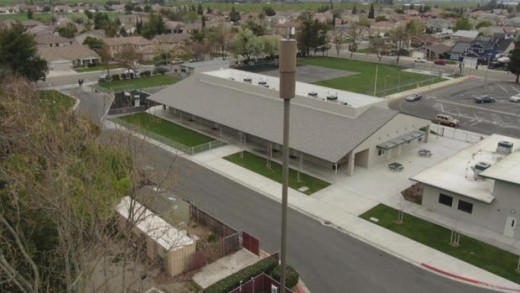
Cell tower sickness
In 2004 there was a pilot study done in a California fire station. They had six fire fighters working and living in this station that had cell towers on it. The study was conducted by Gunnar Heuser, M.D. PhD and he focused on the neurological symptoms of the six fire fighters. They had worked there for five years with the cell towers on the station. The fire fighters started exhibiting symptoms including, slowed reaction time, lack of focus, lack of impulse control, severe headaches, anesthetic like sleep, sleep deprivation, depression and tremors.
These six firefighters had brain scans done to compare them to the healthy brain scans of men of the same age. The SPECT scans showed a pattern of abnormal change that was concentrated over a wider area than would normally be seen in the brains of individuals exposed to toxic inhalation that firefighters might be exposed to while fighting fires. Dr. Heuser said the only plausible expatiation is that it would be from the RF (Cell Tower) radiation exposure. This was well before 5G was being used so just imagine how much worse it would be with stronger more dangerous waves being used.

Did you know?
The International Association of Firefighters has opposed the use of cell towers at their stations since 2004?
Would you rather?
Do you want faster better internet speed now or wait and demand safer technology?
This content is accurate and true to the best of the author’s knowledge and is not meant to substitute for formal and individualized advice from a qualified professional.

